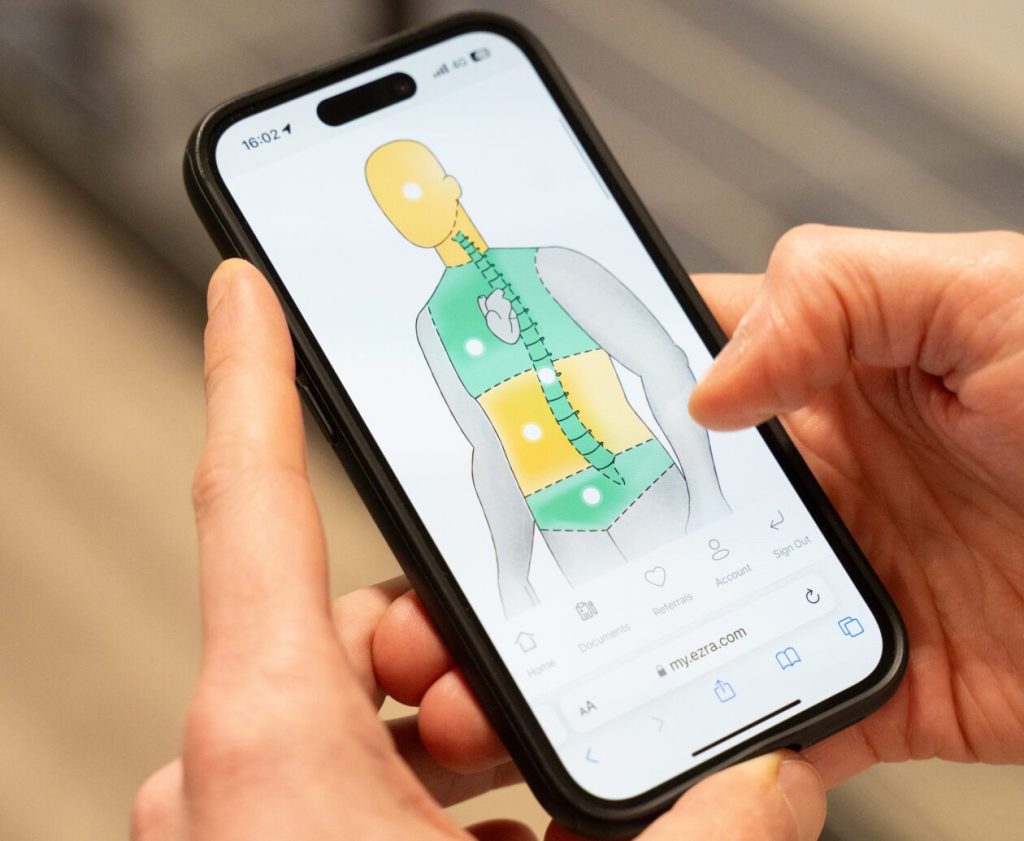Ezra is a startup that offers full-body MRI scans using AI technology to detect potential signs of cancer. The cost of these scans ranges from $1,350 to $2,500 and is not covered by insurance. The company claims to have helped a percentage of its members identify potential cancer early.
Although celebrities and influencers promote the benefits of such scans, there are concerns among medical experts regarding unnecessary costs and anxiety that may arise from the results. Some argue that having more information about your body may not always be as helpful as it seems. The American College of Radiology has stated that there isn’t enough evidence to support total body scanning for individuals who have no clinical symptoms or risk factors indicating underlying disease.
Ezra provides a detailed report that grades different areas of the body with a risk score ranging from 1 to 5. The report is color-coded, and each finding is explained thoroughly in the report. After receiving the results, customers have the option to engage in a 1-on-1 video consultation with a medical provider to discuss the report and determine next steps. However, there is a debate among medical professionals regarding the benefits and potential pitfalls of full-body scans, including false positives and false negatives.
The founder and CEO of Ezra, Emi Gal, started the company due to being high-risk for cancer and losing his mother to metastatic cancer. He has advocated for cancer screening solutions based on data showing improved survival rates when cancer is detected early. The company has plans to lower the cost of scans to make them more accessible to a wider population and eventually partner with insurers to offer more affordable options for customers.
Despite the potential benefits of having more information about one’s body, the decision to undergo a full-body MRI scan is complex. For healthy adults without concerning symptoms, the necessity of such scans is questioned, especially considering the cost and possible follow-up tests that may not be essential. While anecdotal stories exist of scans detecting health issues, there is still uncertainty surrounding the optimal frequency of these scans for individuals.
In conclusion, while full-body MRI scans offered by startups like Ezra can provide additional information about one’s health, the decision to undergo these scans should be approached with caution. The debate over the benefits and risks of such scans continues among medical professionals, and the high cost of scans could make them inaccessible to many individuals. More research and data are needed to determine the most appropriate use of full-body MRI scans for preventive healthcare.


